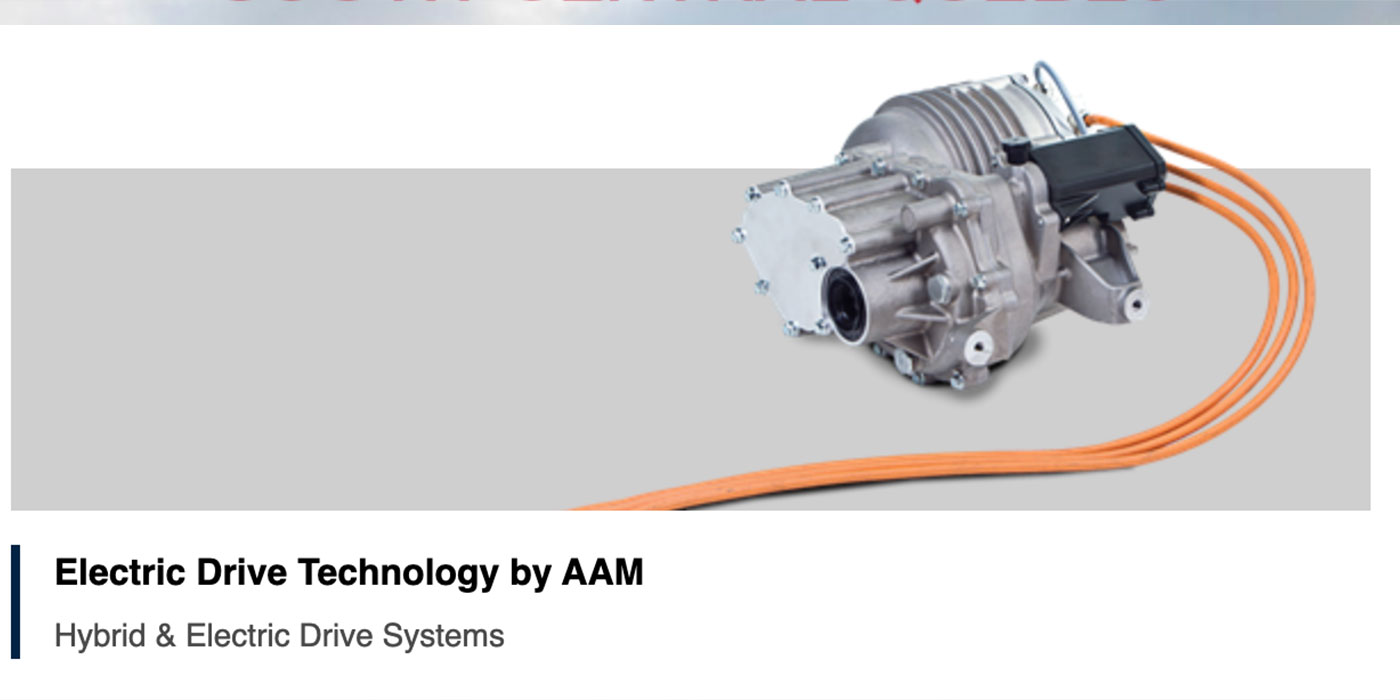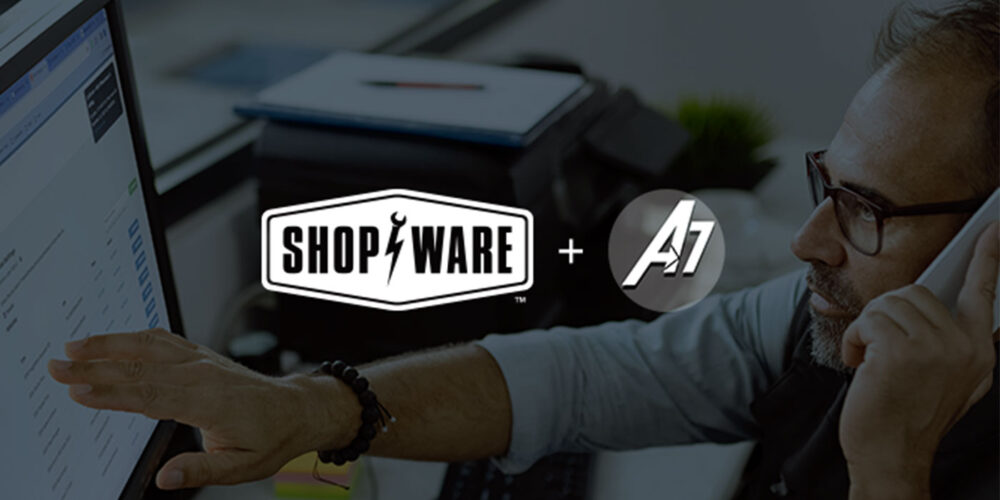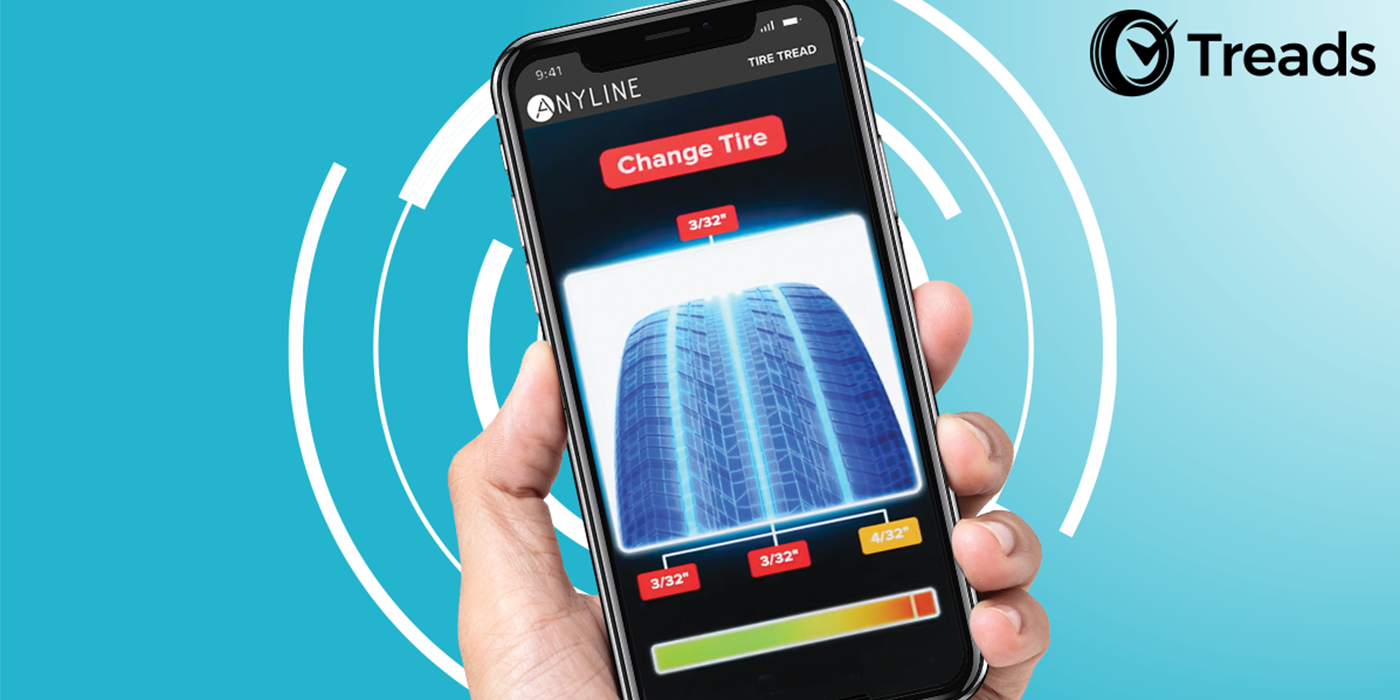
According to a new report from the KPMG U.S. Manufacturing Institute Automotive Center, OEMs will see a substantial, 48 percent, dent in their lucrative collision parts business as a result of self-driving cars. In fact, KPMG projects that OEM collision repair revenue, which was $5.6 billion in 2015, could drop to $2.7 billion by 2030 and dwindle to $1.4 billion by 2040.
The new report, “Will autonomous vehicles put the brakes on the collision parts business?,” notes that despite accounting for less than 3 percent of OEM revenue, collision parts make up on average 10 to 20 percent of operating profits. Based on the revenue impact, OEMs can expect a 4 to 9 percent reduction in operating profits by 2030 and a reduction of 13 percent by 2040.
“OEMs have already begun to deal with the design and engineering challenges related to autonomous vehicles,” said Gary Silberg, KPMG’s U.S. Automotive leader. “And while their focus may be on bringing the first self-driving cars to market, OEMs need to contend with the decline in demand for collision parts that these safer, autonomous vehicles are expected to bring by reducing driver error and lowering accident rates.”
Remarkably, most OEMs expect to be selling fully self-driving vehicles between 2020 and 2025, if not sooner. As advanced driver assistance systems (ADAS) become more prevalent in vehicles, KPMG projects that crash rates could decline by more than 60 percent by 2030 and 80 percent by 2040, which in turn could result in a 50 percent decline in the overall collision repair market within the next 15 years.
“OEMs need to implement aggressive plans to right-size collision parts cost structures and identify new revenue streams,” said Tom Mayor, head of strategy for KPMG’s industrial manufacturing practice. “This will keep their shareholders and dealer partners whole, while maximizing showroom floor support for ADAS and autonomy.”
According to KPMG, OEMs should start evaluating and taking preemptive actions to mitigate risk and align operations to the new reality that autonomous vehicles will bring. The company suggested that OEMs:
- Understand and quantify the risk to their own business, as well as identify suppliers, dealers and regions that also may be subject to substantial risk
- Analyze and anticipate the declines in the types of collisions (rear end, blind spot, etc.) and their impact on the business as autonomous vehicle technologies are introduced
- Develop a plan to right size their collision parts business and variabilize costs efficiently in response to a shrinking market














